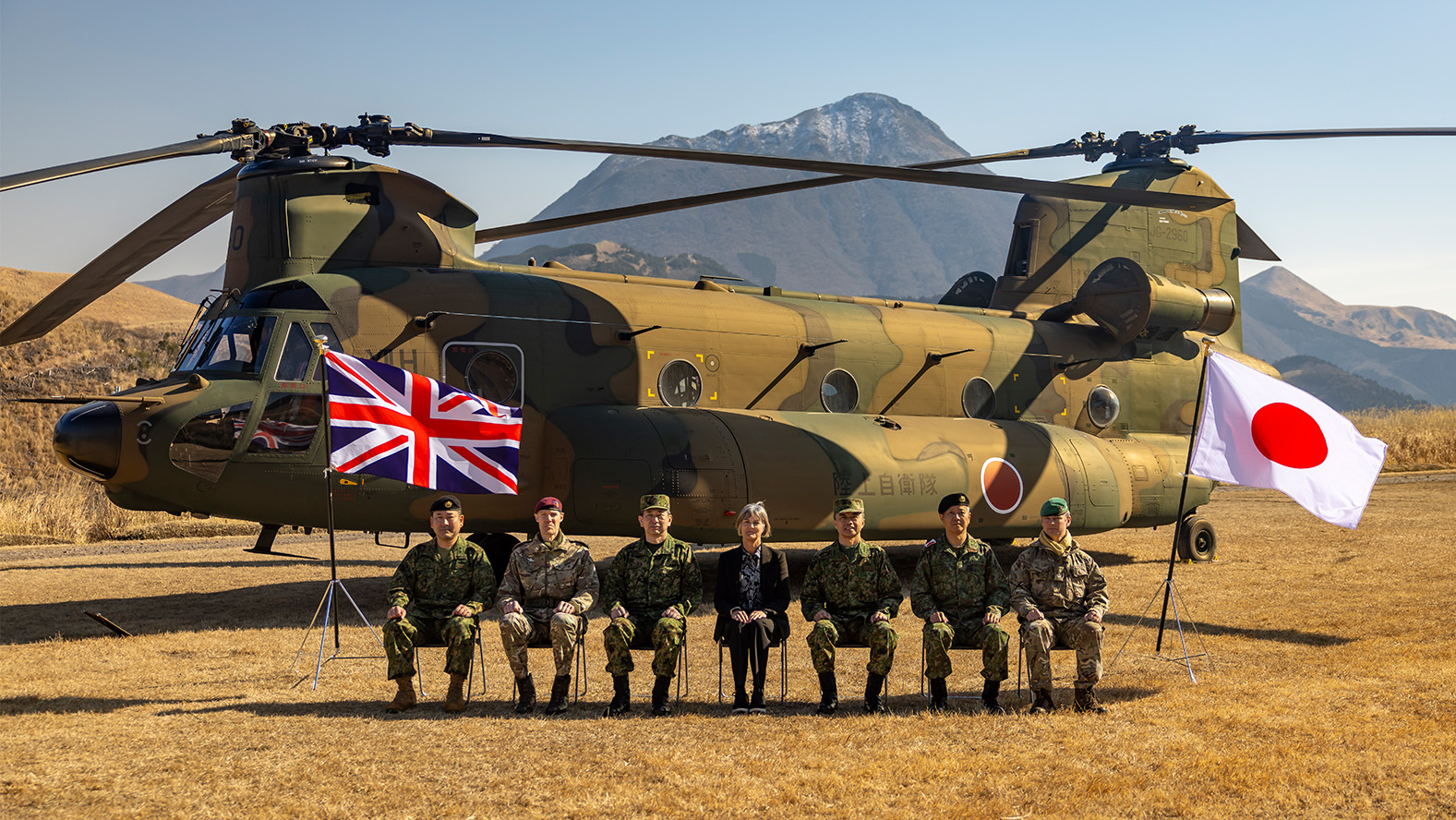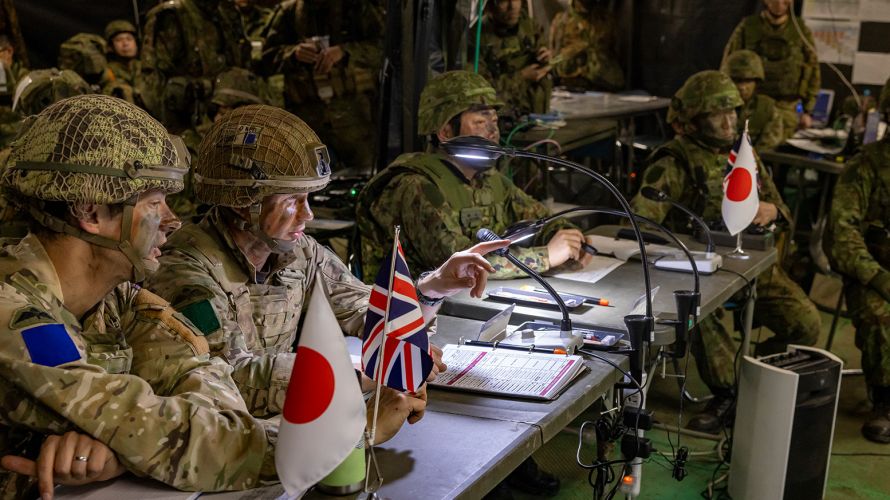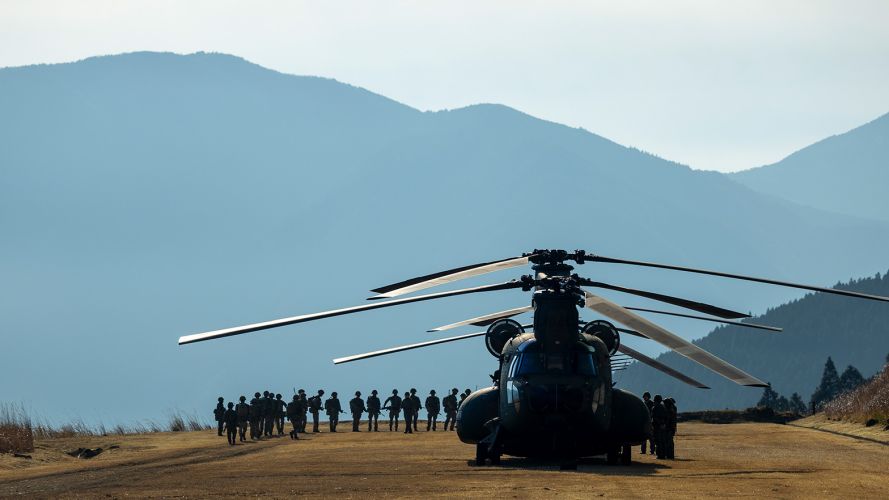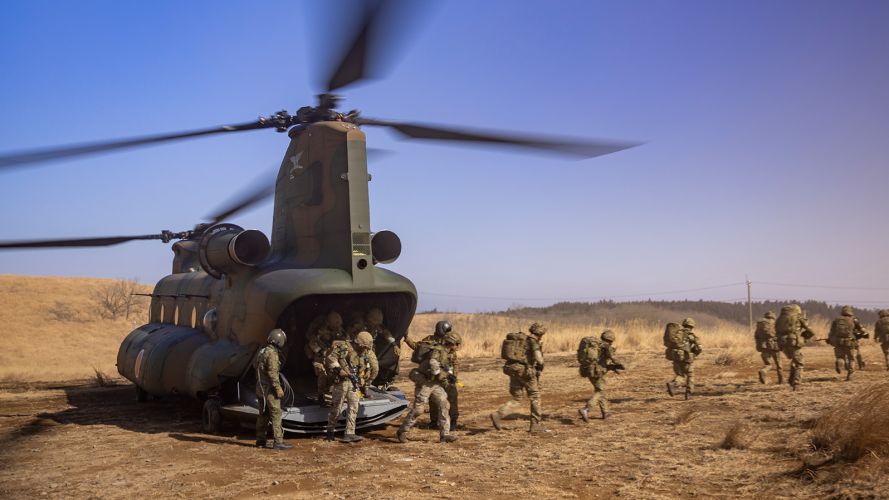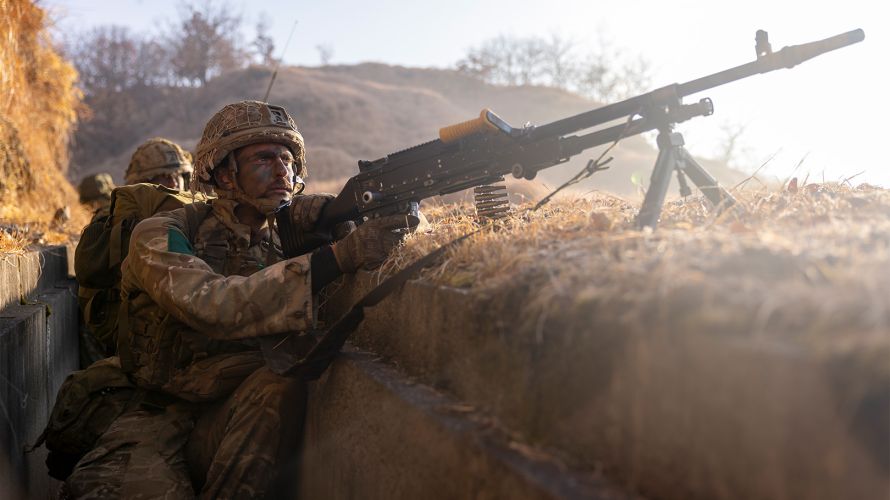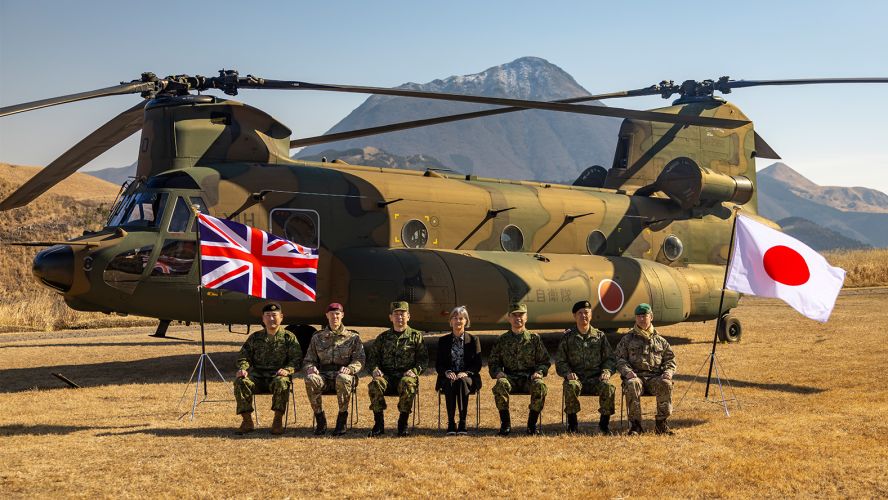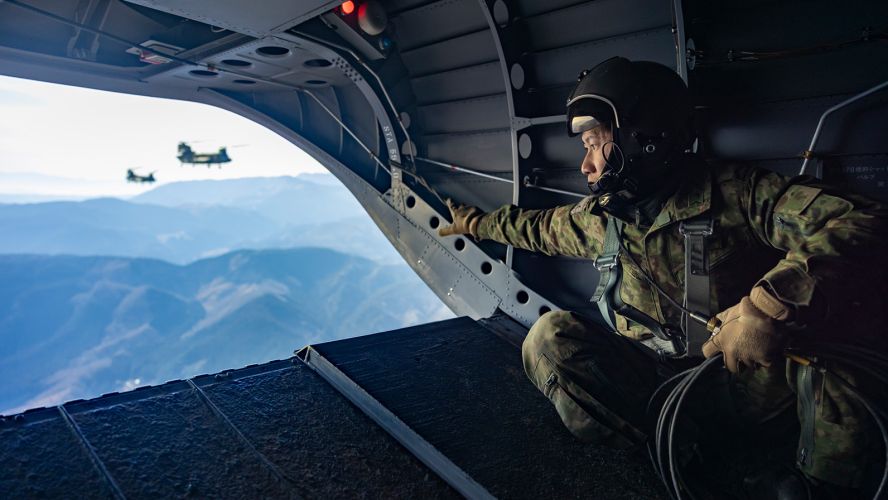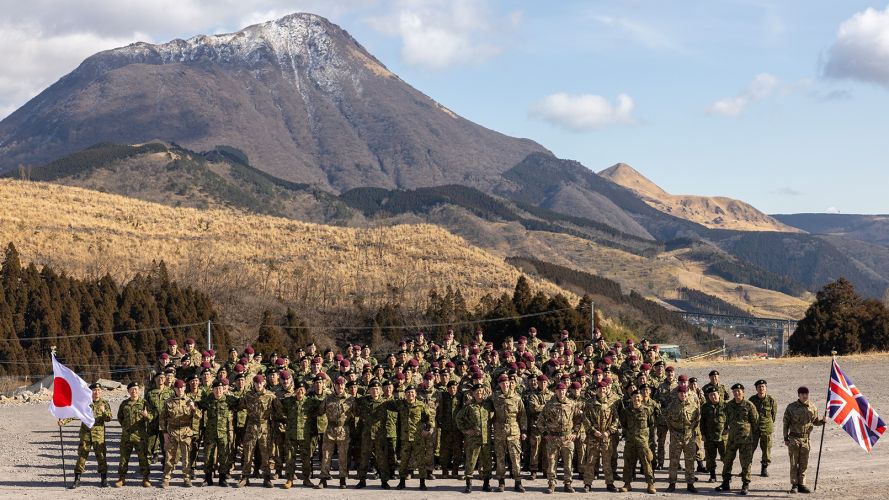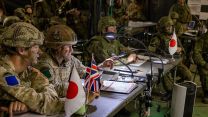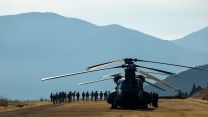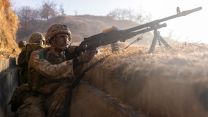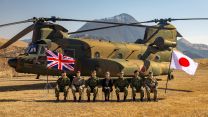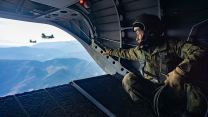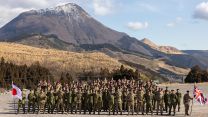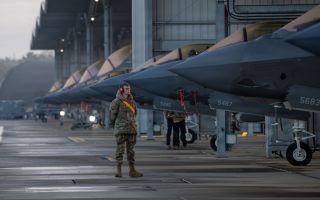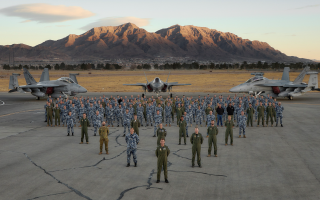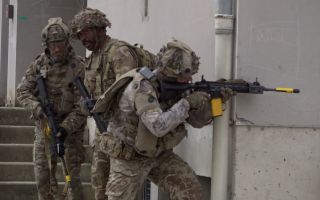Paras stand at ease after rigorous two-week exercise in Japan draws to a close
British paratroops and their Japanese counterparts have been stood down after successfully completing a series of intense joint defensive operations.
Exercise Vigilant Isles 24 saw the soldiers join forces in Japan for a major exercise intended to strengthen the relationship and understanding between the two nations' armed forces.
Paras from B Company, 3rd Battalion The Parachute Regiment trained with soldiers from the Japanese Ground Self Defence Force's 12th Brigade and 1st Airborne Brigade.
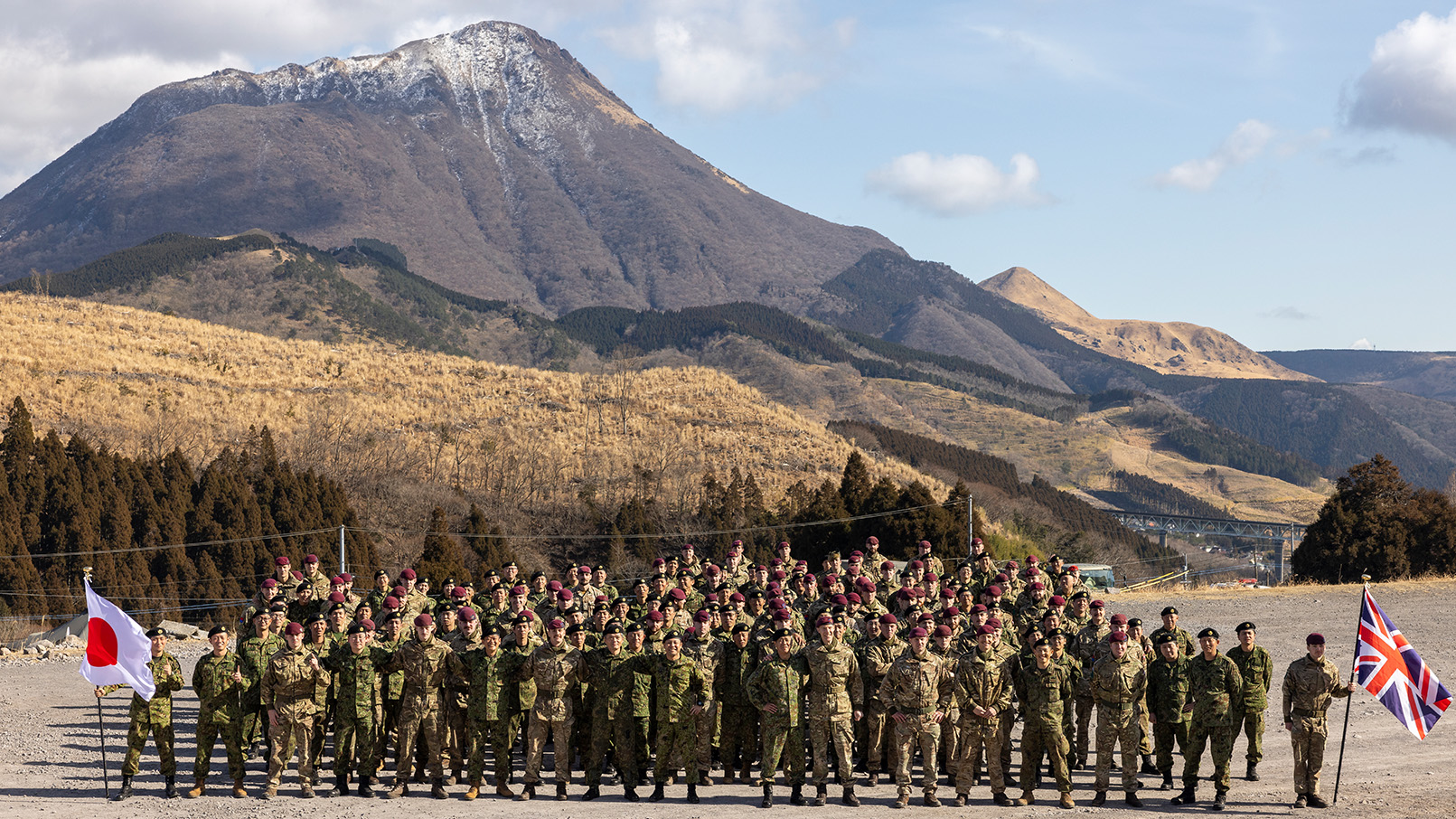
This was the third time the exercise had run, with Vigilant Isles being built around a shared commitment to Indo-Pacific security.
More than 100 British troops, along with personnel from 16 Air Assault Brigade and the British Army's global response force, took part in the exercise on the Japanese island of Kyushu.
The two-week-long exercise aimed to enhance their tactical skills, mutual understanding and cooperation with their Japanese allies.
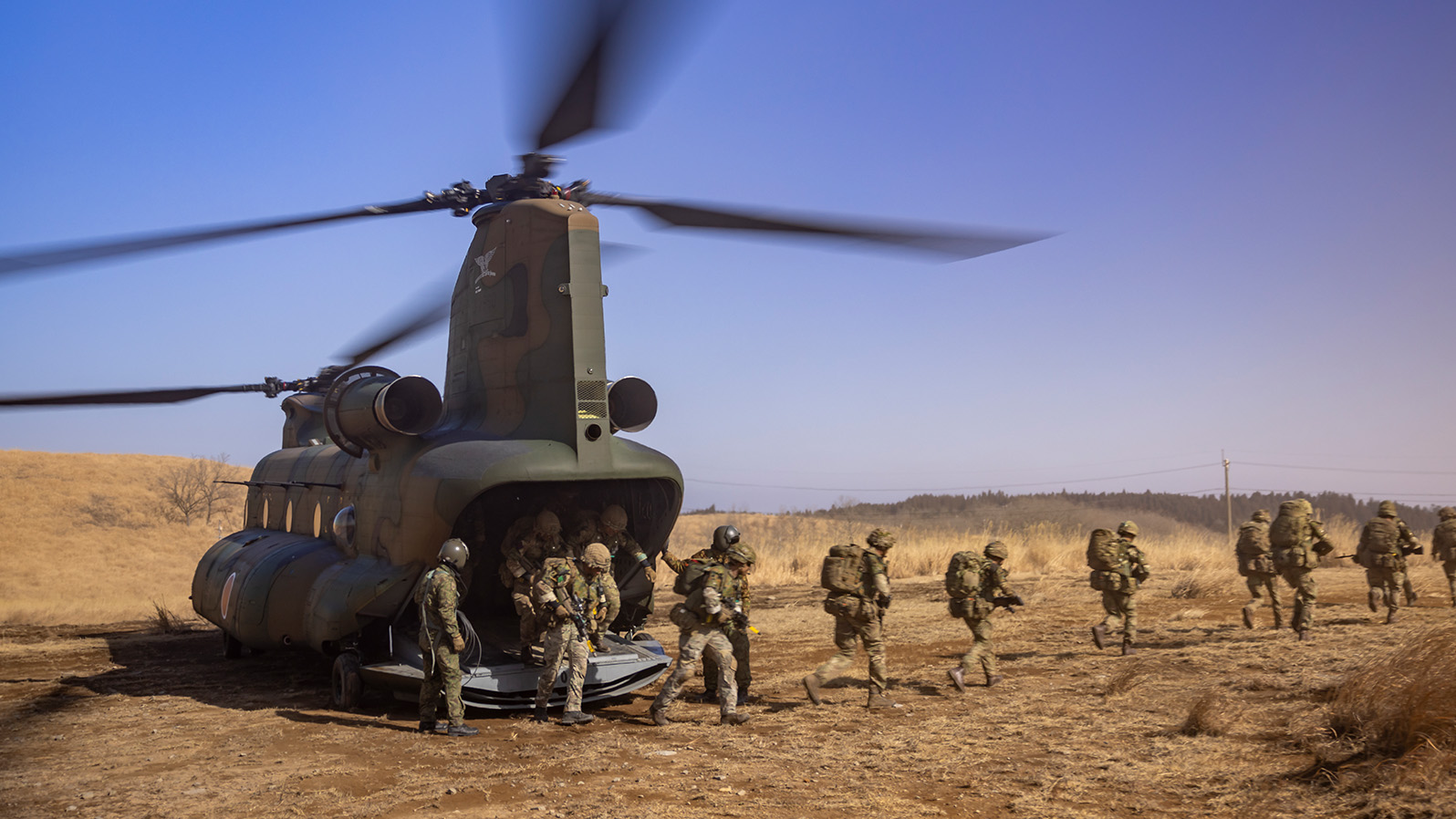
The final tactical exercise saw the Paras disembark from a Japanese Chinook as it touched down on the landing zone – while working alongside the JGSDF.
After familiarisation training, the joint force deployed on a simulated mission to repel an invading force, using the speed and reach of JGSDF helicopters to outmanoeuvre and defeat the enemy.
Defence Secretary John Healey, who met his Japanese counterpart Gen Nakatani, said of the exercise: "With increasing instability across the world, it is more important than ever that we strengthen cooperation with our international partners like Japan."
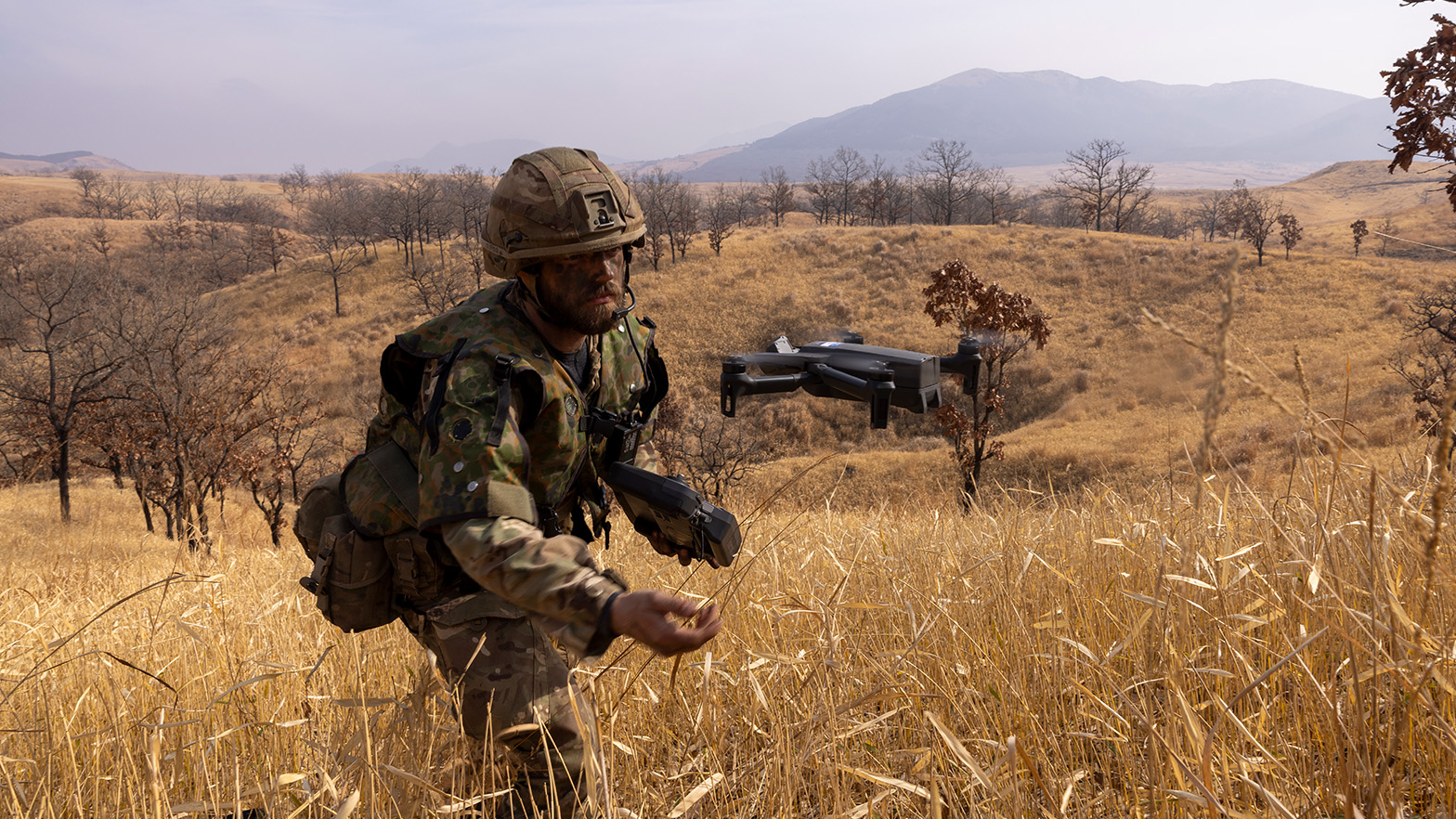
The British troops brought along the Parrot Anafi drone, a compact, lightweight and foldable device that is used for aerial photography, reconnaissance and surveillance.
The soldiers from 3 Para were also supported by Puma drones operated by 32 Regiment Royal Artillery and a Light Electronic Warfare Team (LEWT) from 14 Signal Regiment, Royal Corps of Signals.
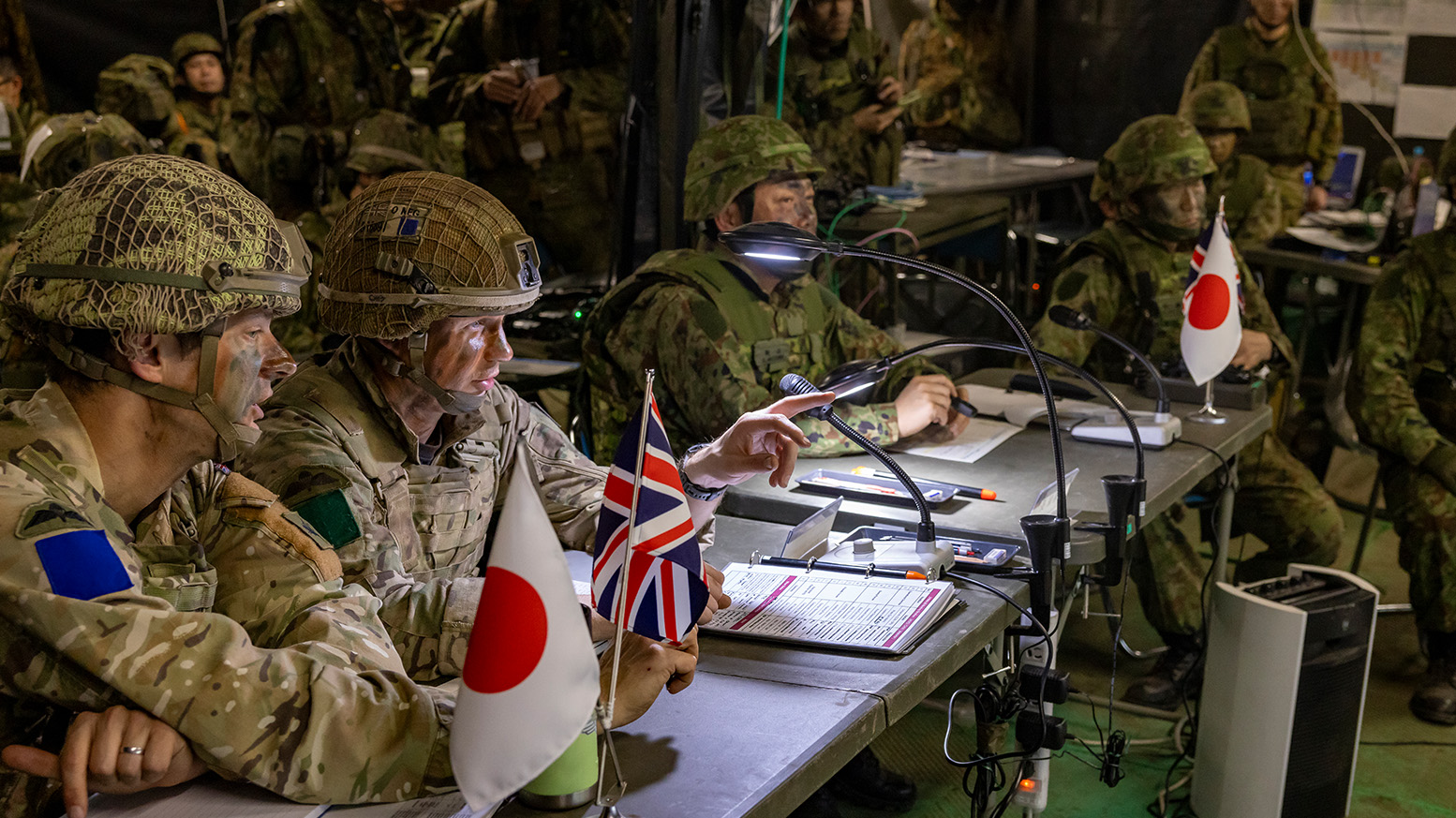
The drones helped with scouting and tracking enemy positions, while the LEWT provided specialised intelligence and surveillance to locate and target threats more effectively.
The UK is the only European country able to conduct bilateral military training in Japan and is expected to expand in scale and complexity in the coming years, reflecting the growing strategic ties between Japan and the UK.
